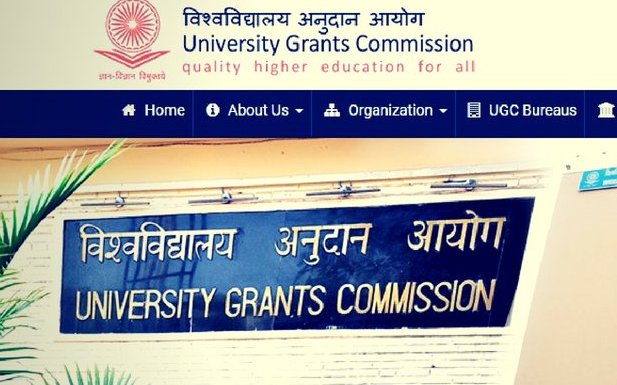New Delhi: Under the new UGC guidelines, students who complete a four-year degree course with a minimum of 7.5 CGPA (CGPA) will soon be eligible for Ph.D. admission. The 556th meeting of the UGC on March 10 approved the UGC’s draft of the minimum qualifications and criteria for obtaining a Ph.D. degree. The document is published on the official website of UGC, ugc.ac.in.
Under the current proposal, students who have completed a four-year degree with a minimum of 7.5 CGPA, as well as postgraduate students, will be eligible for Ph.D. admission. Although there will be no change in the admission process, adjustments in the eligibility criteria have been made in the wake of the abolition of M.Phil courses and the introduction of four-year degree courses in line with the National Education Policy 2020.
“The UGC has prepared a draft to implement the recommendations on minimum eligibility for Ph.D. degrees. This document is available on the official website of the UGC,” the UGC said in a statement. The UGC has also directed the public to submit suggestions and responses in this regard by March 31.
Under the National Education Policy 2020, various colleges and universities will start four-year degree courses. Students who complete the course will receive an honors degree and a research degree. The UGC has also recommended that the minimum duration of a Ph.D. be reduced from three years to two years. However, it is proposed to extend the maximum period to six years.
UGC Chairperson Jagadish Kumar said the new proposals would improve the country’s higher education system. He added that the newly launched four-year undergraduate courses offer students the opportunity to combine multiple subjects into research or to complete their final year of study focusing on a particular subject. Those who complete a four-year degree can also qualify for a Ph.D.
Students who complete the M.Phil degree with at least 55% marks will continue to be eligible for Ph.D. admission. The UGC has also proposed to reserve 60 percent of the total seats in the higher education sector for students who pass the National Eligibility Test (NET) and the Junior Research Fellowship (JRF). In the remaining 40 percent of the seats, students can get admission based on entrance examinations conducted by the universities separately or in general. Candidates who have secured NET / JRF can appear for the entrance examination by appearing directly in the interview or Viva.




























